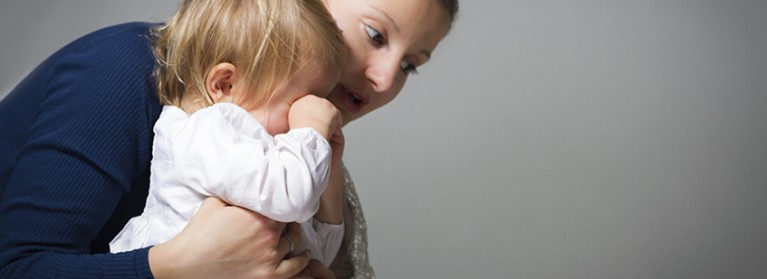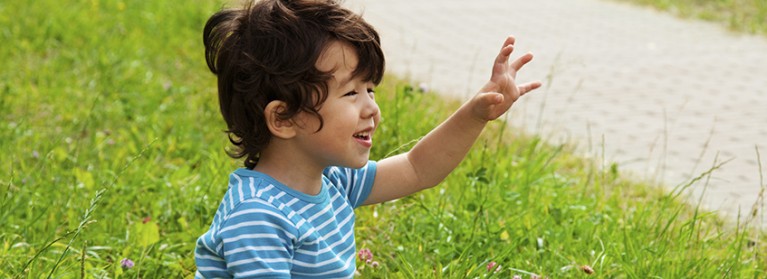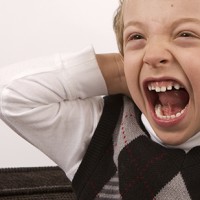Separation Anxiety
Featured in Infants & Toddlers
Separation anxiety in infants and toddlers is very common. It can also be a very difficult issue to deal with but is an important one to deal with properly. Often when infants and toddlers are faced with their parents leaving them, thoughts such as “Why are you leaving me?” and “Are you coming back to me?” go through their little minds. As this is a fear of children, it needs to be addressed and taken seriously.
Methods of Discipline
Separation anxiety can make both the child and the parents upset. Separation anxiety peaks for most babies that are between ten and eighteen months old, but it can also continue well into the toddler years. In order to deal with separation anxiety, there are steps that parents can take that can make this common fear better for their toddlers.
1. If your baby is experiencing separation anxiety, try to leave him/her with caregivers that he/she is already familiar with, such as grandparents, or an aunt or even a neighbor. Your baby may still become upset when you leave but he/she will likely adjust more quickly and easily to a caregiver he/she already knows. If your baby or toddler does not know the caregiver, give him/her some time to get to know them before you leave them. Perhaps hire the babysitter to come an hour earlier in order to play with the child before you leave, or even have the sitter come by a few times to play with the child, with and then without you present.
2. Be sure to always say goodbye to your baby/toddler. While you may think it is better for your child if you sneak out of the house when he/she is not looking, think again. Your child will notice that you’re gone and may even be more upset that you were there one minute and then gone the next. But on the other extreme, don’t prolong the goodbye process. Just kiss and hug your child, tell him/her when you’ll be back and then leave.
3. Parents may feel upset, nervous or anxious themselves when they leave their child, especially for the first time. Make sure you keep your mood light as your baby can be well-tuned as to how you feel. Make sure you show warmth and have a positive attitude toward the caregiver. And most important of all, don’t let your child see you upset or crying.
4. Once you leave the house, leave. Don’t go back into the house, daycare center or wherever else you’ve taken the child to. This will make it more difficult on not just your child, but also yourself and the caregiver.
5. If you have a baby who is suffering from separation anxiety, decide whether you really need to go out. Can the baby come on the errand you need to run? Can you bring the sitter with you to help you with the baby? Don’t re-arrange your life because of separation anxiety, but remember that it is a phase that will pass.
Helping Your Child Cope
It is very normal for a toddler or baby to become anxious when a parent or caregiver leaves them. One way you can help is to have a healthy goodbye routine that you follow each time you leave. This routine should be consistent and should involve your child, if he/she is old enough. Reassure your toddler that Mommy/Daddy will be back and then simply say “good-bye”. Add in a quick hug or kiss and you are on your way. And don’t go back, even if you hear your child crying – doing this simply disrupts your toddler’s transition of you leaving. Be casual and don’t make a big deal about leaving.
Remember that separation anxiety is common and most children go through it at some point – as babies, toddlers, or even pre-schoolers. It is a phase that the child will grow out of and as parents we can help by following the strategies above to make the transition easier.








